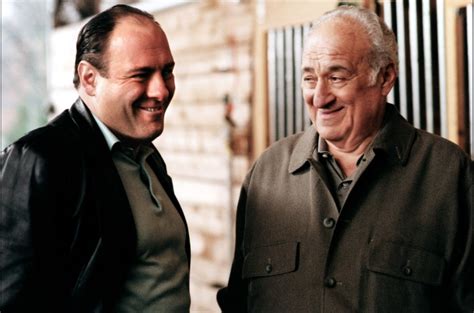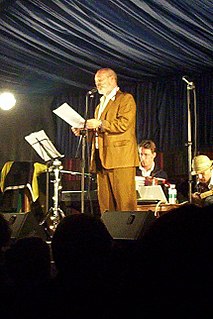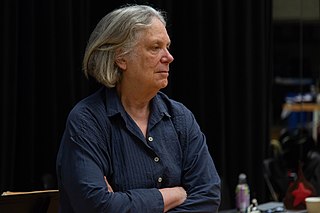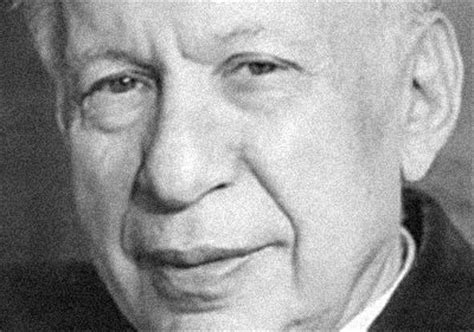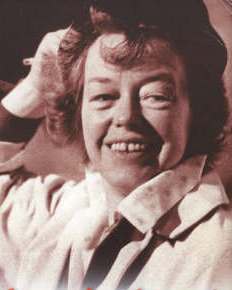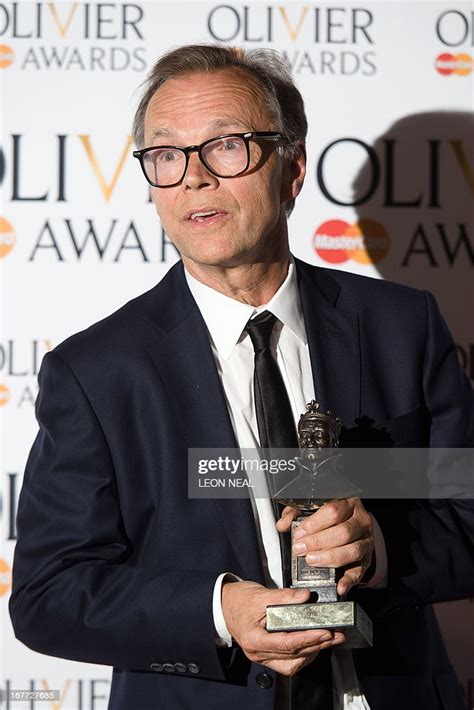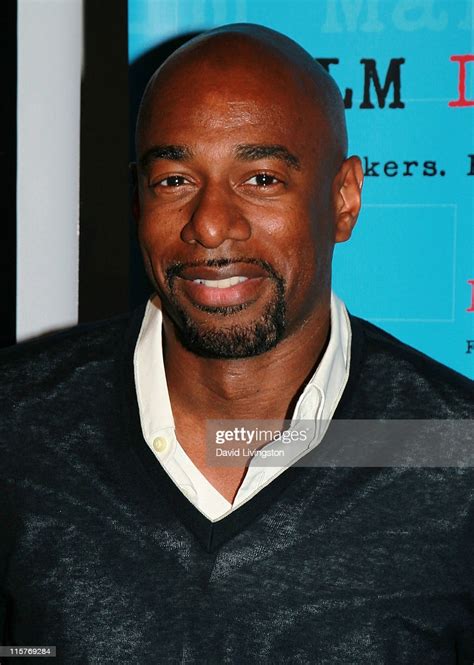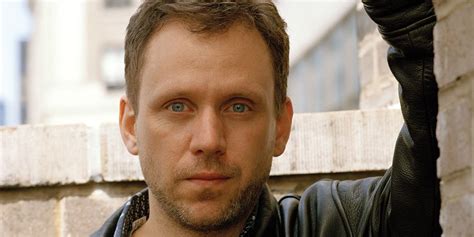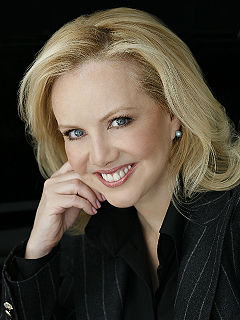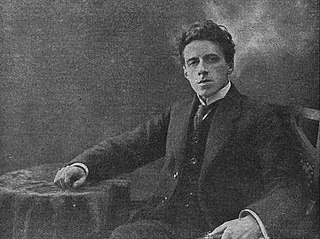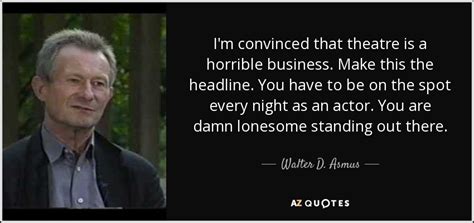A Quote by Jerry Adler
Norman Rockwell, the Brueghel of the 20th century bourgeoisie, the Holbein of Jell-O ads and magazine covers; by common assent, the most American artist of all.
Quote Topics
Related Quotes
During the Second War, the U.S.O. sent special issues of the principal American magazines to the Armed Forces, with the ads omitted. The men insisted on having the ads back again. Naturally. The ads are by far the best part of any magazine or newspaper. More pains and thought, more wit and art go into the making of an ad than into any prose feature of press or magazine. Ads are news. What is wrong with them is that they are always good news.
Frank Capra, Hollywood's Horatio Alger, lights with more cinematic know-how and zeal than any other director to convince movie audiences that American life is exactly like the 'Saturday Evening Post' covers of Norman Rockwell. 'It's A Wonderful Life,' the latest example of Capracorn, shows his art at a hysterical pitch.
D-Day represents the greatest achievement of the american people and system in the 20th century. It was the pivot point of the 20th century. It was the day on which the decision was made as to who was going to rule in this world in the second half of the 20th century. Is it going to be Nazism, is it going to be communism, or are the democracies going to prevail?
The struggle is how to write optimistically when the world we're living in is not inherently optimistic. I love the idea of the family from the most Norman Rockwell version to Norman Bates. Without family, we have very little - it is the most basic social structure. So yes I suppose I wanted to write a hopeful book about the evolution of the family.
Every time somebody writes a theory about where literature's going, that person is not only contributing thought but nudging things to happen in one way or the other. Just as in painting, there's much more interest in the American scene painters and the early American... like the Ashcan school of painters. Who would have thought, 50 years ago, that Norman Rockwell would again be considered a serious painter? And yet, there are a lot of people who are saying Rockwell was a very accomplished technician. These things are constantly moving.
